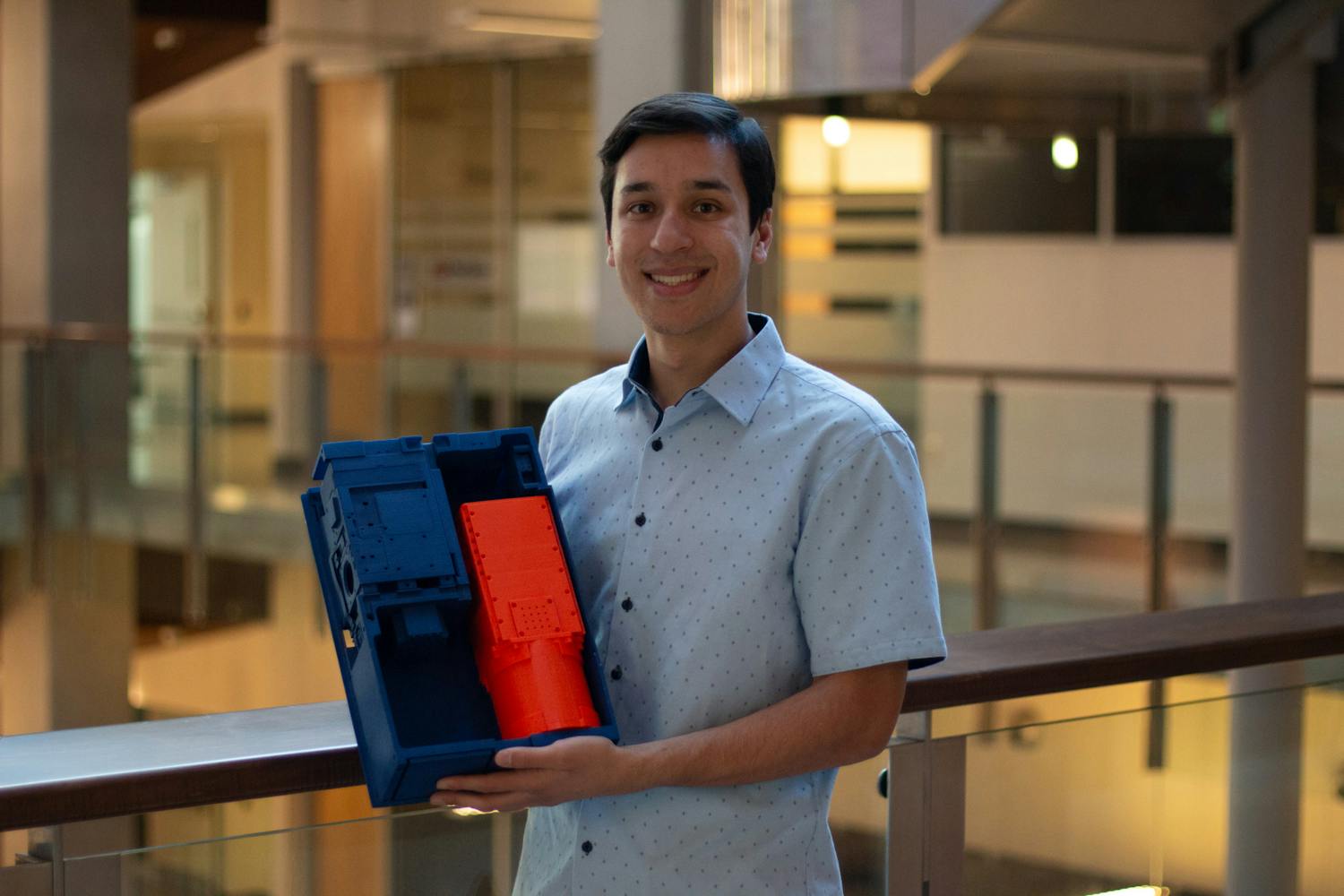With President Michael Crow confirming that classes will be a hybrid of in-person and online instruction during the Fall 2020 semester, it's also confirmed that ASU students will face another few months in the eerie life of physical distancing.
As many jobs were sent home and many others were lost outright, the dimension of time has lost much of its grip on us. Many people have no need to commute to work or school, and those who do have few other places to visit, causing us to revert from obsolete pre-COVID schedules to more spontaneous arrangements.
For some, time's retreat has led to strange sleep schedules, listless social media use and general malaise, while others have seized the initiative and embraced hitherto unconsidered behaviors: baking, going for runs — one Florida woman is even learning an entirely new instrument.
One thing I've realized this year, having had the luxury to play both sides of this dynamic, is that our routines never really were ours to begin with. Schedules are always imposed. Whether we wake at 6 a.m. at the command of a 9 a.m. class or wake at noon at the command of the steadily rising sun, an ensemble of external forces ultimately determines our routine.
Before the pandemic, skipping classes was already a tempting option for many students. We also didn't have the best track record when it came to procrastination or preserving our health. Now the academic stakes are still just as high but opportunities for distraction have ballooned.
So, the upcoming semester puts students in a challenging position: most of the cues to complete important tasks are absent, but those tasks are still demanded of us. I think that the solution is for students to impose our own routines on ourselves, rather than leaving it up to the caprice of nature.
Chad Stecher, a professor in the College of Health Solutions, said that routines are an essential part of a well-regulated life.
"The research shows that almost half if not more of our behaviors are performed in routines, or are cued by our environment," said Stecher. "It makes life more effortless."
Stecher said that there are tangible health benefits to regularizing your schedule, and especially by including physical activity.
"We know that the benefits of any physical activity are completely undone by long bouts of sedentary behavior," said Stecher. "Try to find ways to get up, even if it's just getting up in your apartment and moving around for a bit."
Stecher also said that productivity shouldn't necessarily be our main concern when forming a new routine during the pandemic.
"If productivity is something that you prioritize, then I think that people will fatigue themselves," said Stecher. "Recognizing that this is a truly bizarre and challenging time and giving yourself space to just rest, read, watch movies and relax — I think it's important."
Stecher says that the determination it takes to establish new, personal habits will ultimately save effort over the semester.
"You didn't really build your routine before," said Stecher, "That's not there anymore.
"You actually have to think about your daily routine. Putting in that effort now will make the rest of this COVID time easier."
One routine doesn't fit all, and most of us can't plan our days down to the minute, but adhering to our own schedules will prove much less stressful than adhering to the daily routines that COVID-19 is currently handing down to us.
Reach the columnist at smisceni@asu.edu or follow @IMiscenich on Twitter.
Editor’s note: The opinions presented in this column are the author’s and do not imply any endorsement from The State Press or its editors.
Want to join the conversation? Send an email to opiniondesk.statepress@gmail.com. Keep letters under 500 words and be sure to include your university affiliation. Anonymity will not be granted.
Like The State Press on Facebook and follow @statepress on Twitter.




